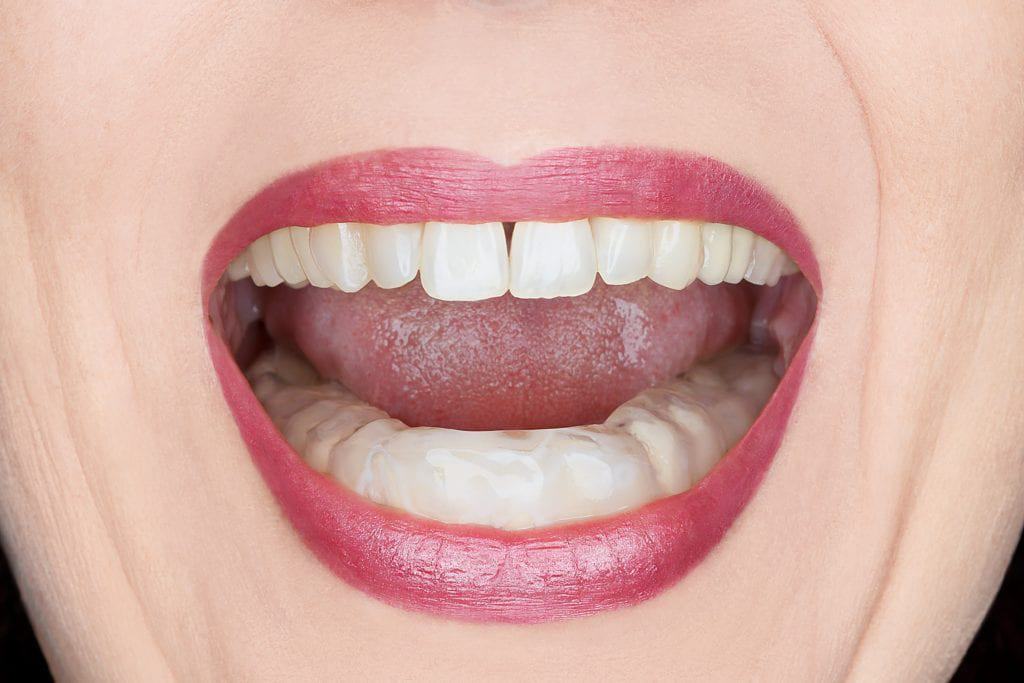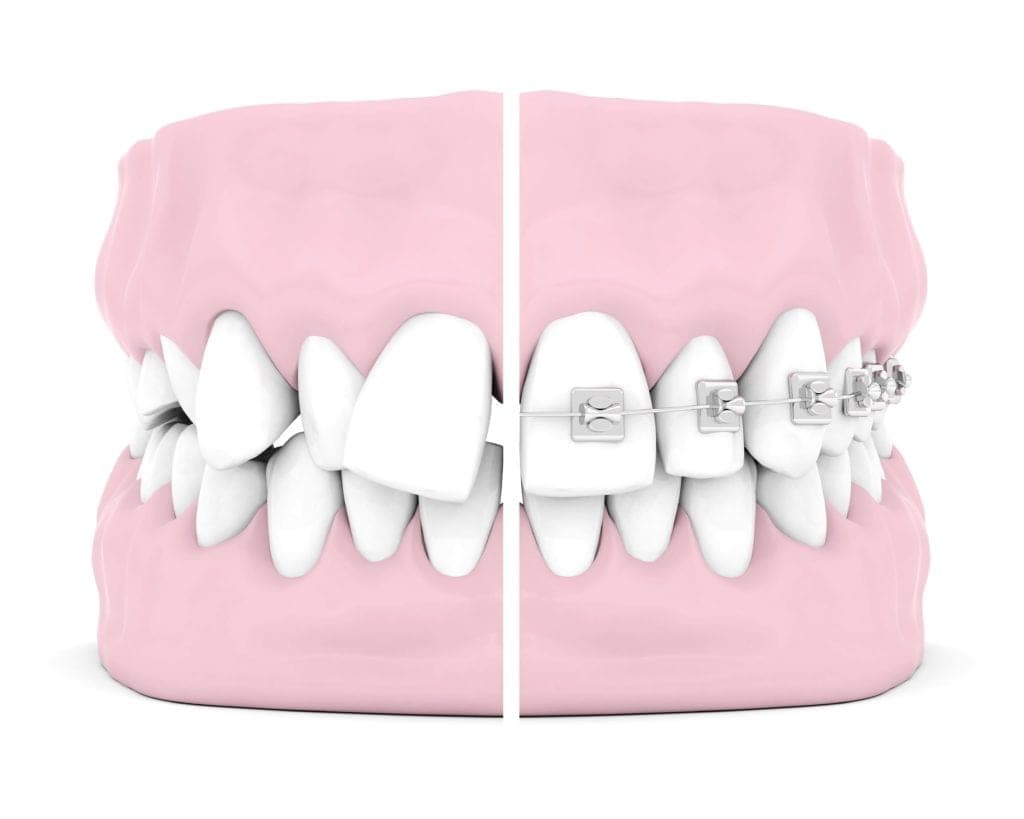Do you find yourself waking up in the morning with a headache? Does it hurt to chew tough or hard foods? Have you noticed any popping or clicking sounds when you open or close your mouth? If you are experiencing any of these things, then you may be affected by temporomandibular joint disorder.
Temporomandibular joint disorder, often referred to simply as TMJ or TMD, is a term used to describe dysfunction in the bones, muscles, tendons, and nerves that make up the temporomandibular joint. Although the exact cause of TMD is not known, there are several factors that can contribute to its symptoms. In most cases, excessive strain on the jaw joint can result in the development of TMD.
TMD can cause a range of symptoms such as:
- Clicking, popping, or grinding while opening or closing the mouth
- Pain in the jaw, face, ears, neck, or shoulders
- Facial muscle fatigue
- Difficulty opening your mouth wide
- Pain or difficulty while chewing or biting
Treatment for TMD is primarily intended to alleviate these symptoms in terms of frequency and severity. Depending on your individual case, your dentist may recommend one of the following TMD treatments:
1. Mouth Guard

Many people develop TMD as a result of teeth grinding or clenching. Together, these behaviors are known as bruxism. Teeth grinding consists of moving the bottom teeth in a side to side motion against the top teeth, while teeth clenching is squeezing the top and bottom teeth firmly together. Both of these behaviors place additional strain on the jaw joint that can eventually result in TMD.
To prevent this from happening, a dental mouthguard is commonly prescribed.A dental mouthguard can sit on the upper or lower arch of teeth. It acts as a barrier between the top and bottom teeth. Although mouth guards will not stop teeth grinding or clenching, it will reposition the jaw so that less pressure is exerted, as well as protect the teeth from fracturing or cracking in response to the additional pressure.
2. Dental Crowns
Some cases of TMD can also be caused by an uneven bite that places additional strain on the jaw joint. Teeth that are decayed, damaged, or worn down often have an altered shape that affects the entire bite. To correct this, a dental crown or cap is placed over one or more teeth in order to allow the top and bottom teeth to meet up more evenly, reducing strain on the joint.

3. Orthodontic Treatment
Another way to properly align the bite, as well as the teeth, is orthodontic treatment. Many dentists offer clear aligner orthodontics in order to gradually move the teeth in a more optimal position. They may also correct minor malocclusion issues such as an open bite, crossbite, overbite, and underbite. Correcting bite issues and properly aligning the teeth and bite, will help reduce stress on the joint.
4. Implant-Supported Dental Bridges
Missing teeth can also affect the alignment of the teeth and bite. When missing teeth are not replaced, the surrounding teeth may shift to fill the space left behind. This will cause the entire bite to change and can place additional strain on the jaw joint. In order to prevent this from happening, it is important to replace missing teeth as soon as possible.
One common restoration method for replacing missing teeth is an implant-supported dental bridge. Implant-supported bridges are like traditional dental bridges, however they are secured in place using dental implants rather than crowns cemented to natural teeth. This type of restoration works best to replace multiple missing teeth, however there are also various options to replace a single missing tooth.
As you can see, there are different treatment options for TMD including mouth guards, dental crowns, orthodontic treatment, and implant-supported bridges. Depending on your symptoms and potential causes, there are certain types of treatments that may work better for you than others. In order to determine the best TMD treatment, schedule a consultation with your local TMD dentist.

Dr. Dennis Laurich has been practicing dentistry for over 40 years. He received his DDS degree from the University of Michigan Dental School and regularly attends oral health care conventions to continue his dental education. This allows him to treat patients with the leading dental technology and methodologies. Additionally, he is a member of the American Dental Association, Michigan Dental Association, and the Detroit District Dental Society.




